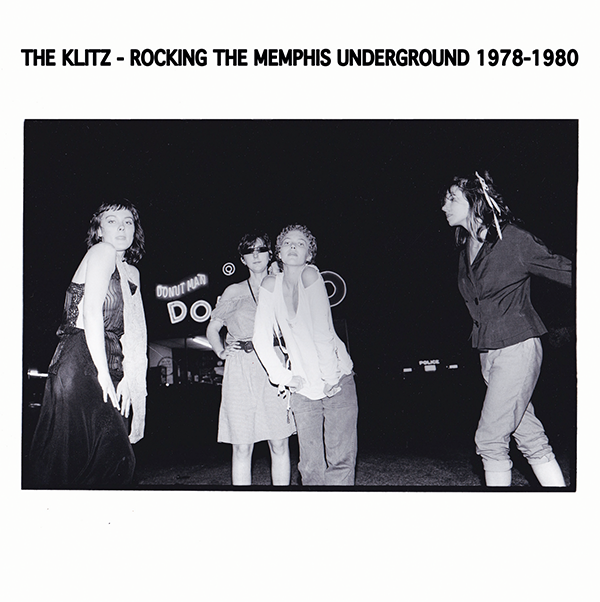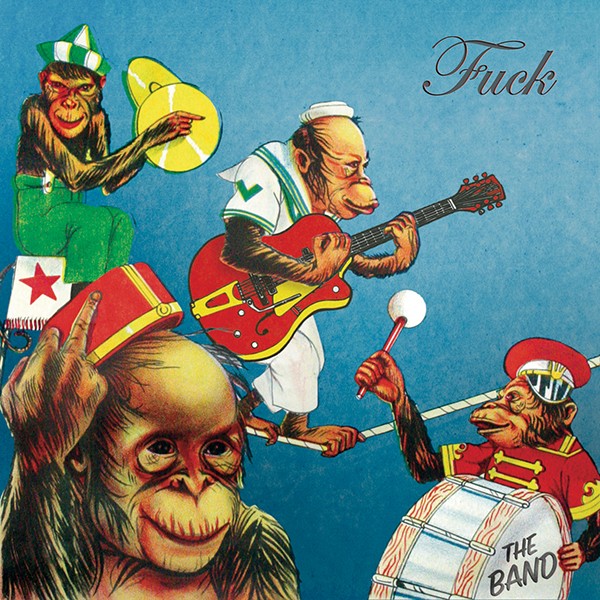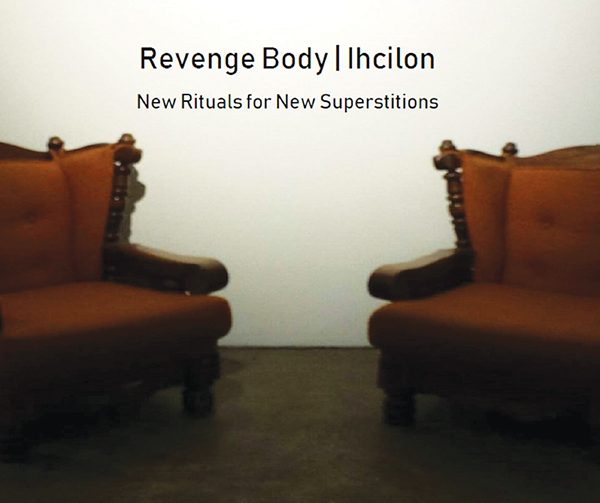
Charles Lloyd & the Marvels + Lucinda Williams
Vanished Gardens (Blue Note)
This year’s release is quite a detour from this Memphis native’s 2017 effort, with his band the Marvels (his usual rhythm section plus Bill Frisell on guitar and Greg Leisz on pedal steel and dobro) joined by singer/songwriter Lucinda Williams for half the album. The end result is an unpredictable mash-up of Americana and jazz, even when Lloyd and band are recasting Williams’ earlier songs in a new light, by turns skronky and ethereal. Her ragged-but-right delivery is a perfect foil to the more urbane harmonic weave of the combo.
Released June 29th.

The Maguire Twins
Seeking Higher Ground (Three Tree)
Though these gifted siblings grew up in Hong Kong, this album owes a great deal to Memphis. Moving here at 15, the twins first studied jazz at the Stax Music Academy and then at UT-Knoxville under Memphis native Donald Brown. The renowned pianist helped the two blossom into a drum and bass team that is almost telepathic. This debut, produced by Brown, also features him playing Fender Rhodes on one song, and the classic horn-driven sound they create tacks between arranged heads and slightly unhinged workouts that nod to classic ’60s and ’70s jazz, balancing soul and innovation perfectly.

The Klitz
Rocking the Memphis Underground 1978-1980 (Mono-Tone)
These women ricochet from euphoric chants and original shouters, to a druggy “Brown Sugar.” Yes, Jim Dickinson and Alex Chilton appear (the latter singing “Cocaine Blues”), but it’s the band’s courage in stomping out these numbers themselves, professionalism be damned, that makes this album great.

Fuck
The Band (Vampire Blues)
Carrying on the scatological band-name torch, we have this posse, originally from Oakland, now with two members living in Memphis. The onetime Matador darlings redefined a pop-friendly, yet deeply weird sensibility in their ’90s and ‘oughts releases, with loose, intimate singing paired with a flair for unique indie rock textures. Though their performances are few and far between these days, they’ve surprised everyone with what may be their best album. Released June 22nd.

Faux Killas
Chiquita (Self Released)
Mainstays in the local club scene for years, this group only recently morphed from a trio to a quartet, adding Seth Moody on synth. It’s a game-changer, as the band now has twice the hooks. Like some Mid-South cross between early Roxy Music and the Damned, the songs are well-crafted and melodic (as with the soaring pop of “Anxious Love”), yet feature tasteful atonal synth squeals and counterpoints along with more familiar, if electrifying, guitar riffs and leads. While the production is somewhat muted, it does give the album a homespun vibe that befits these straight-up Midtown boho rockers.

Revenge Body/Ihcilon
New Rituals for New Superstitions (Self Released) How to classify this split/collaboration between two sonic explorers of the Memphis scene? The term “ambient” has been oversold as a catch-all for mellow, mid-tempo techno beats, but this album ignores all that. Both artists deal in new textures for a post-industrial world. Hearty analog sounds avoid the cloying familiarity of much retro synth music today, but beware that the results can be unsettling. Revenge Body’s “Panic Dream” is just that, achieved, like many of the best sounds here, with a fine appreciation of noise textures rather than pounding beats.